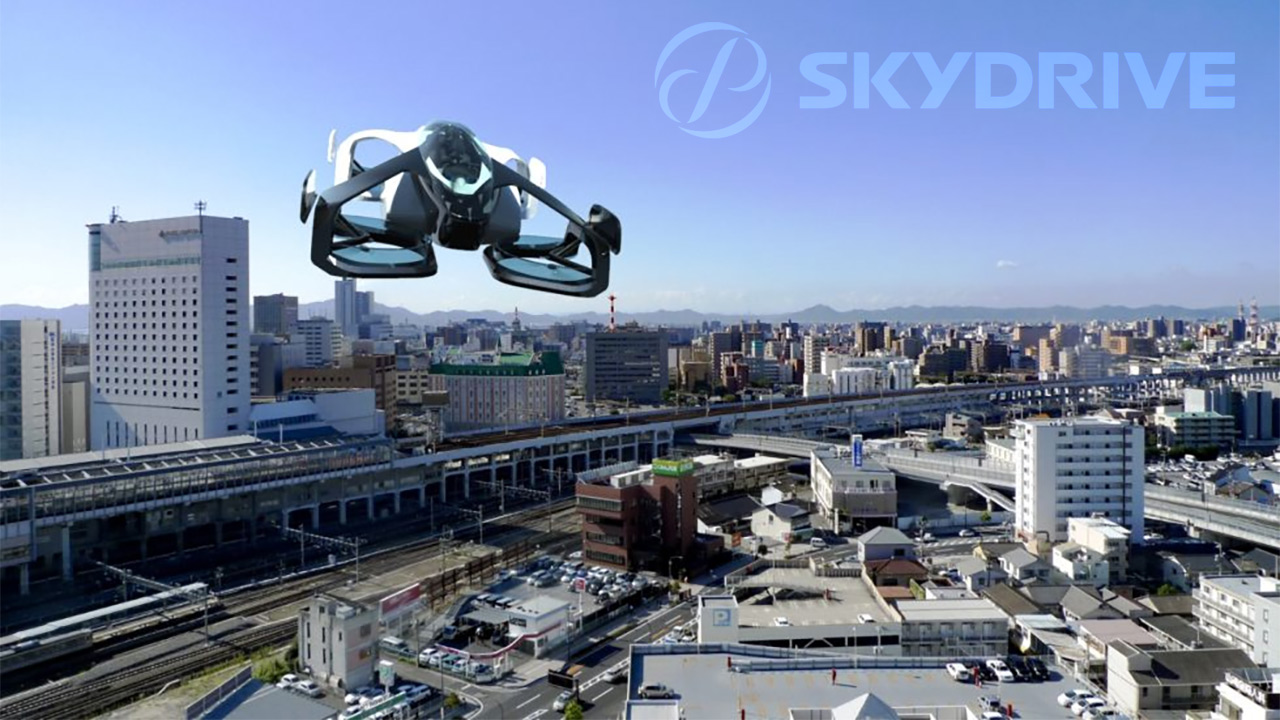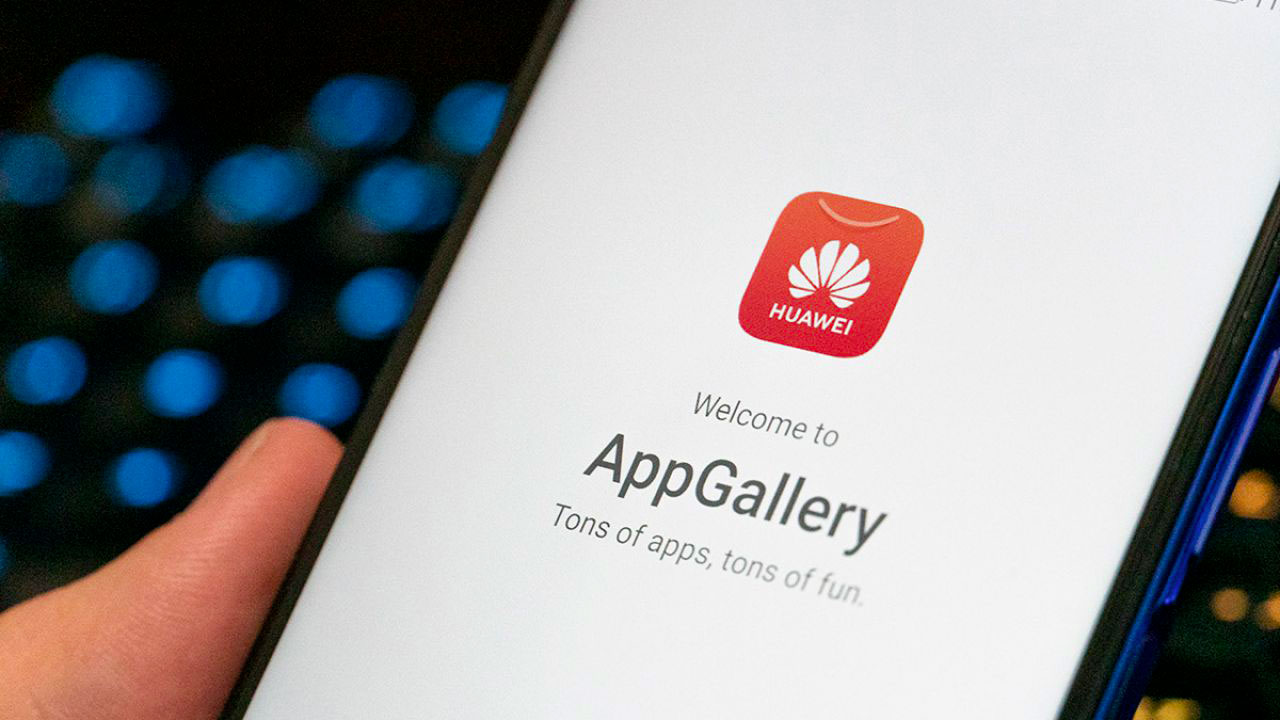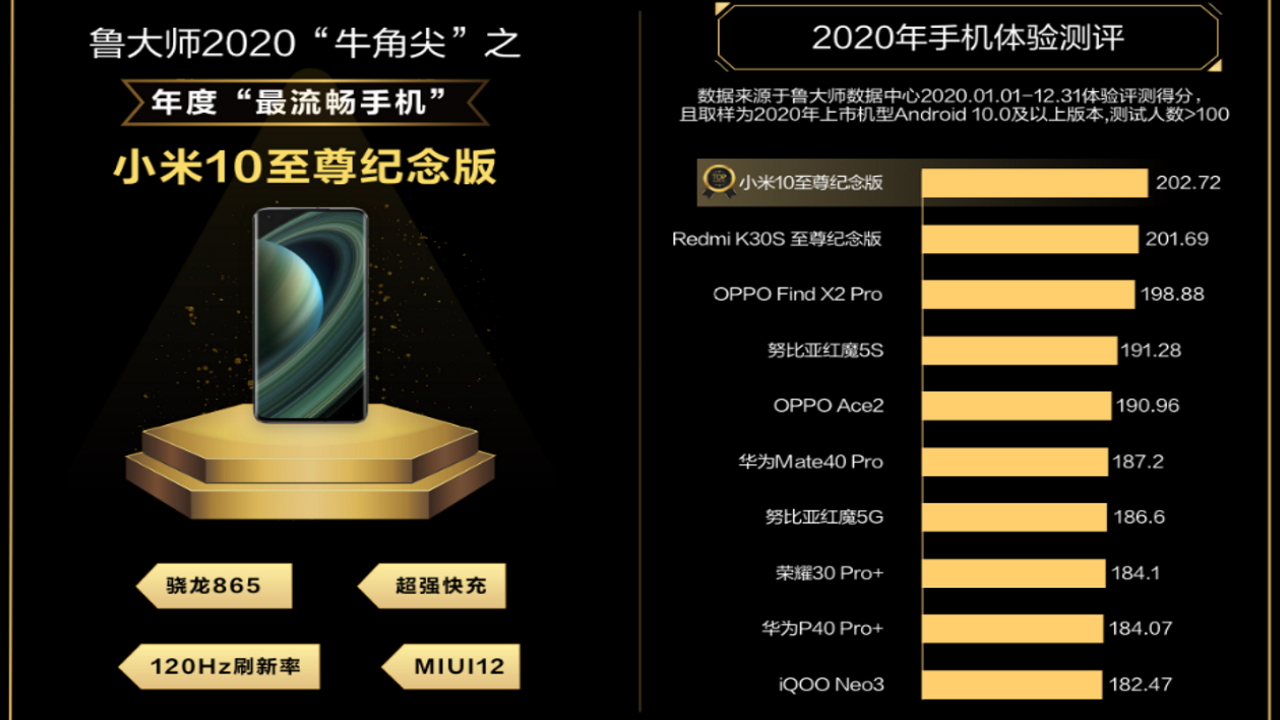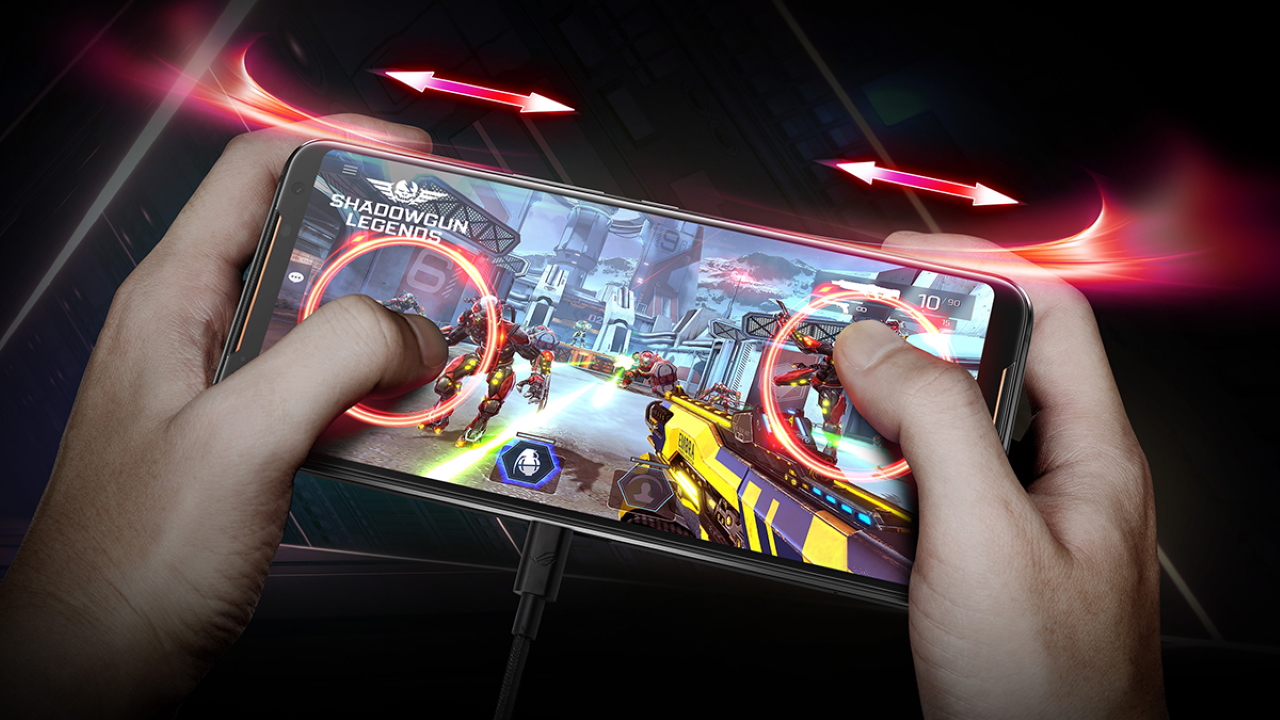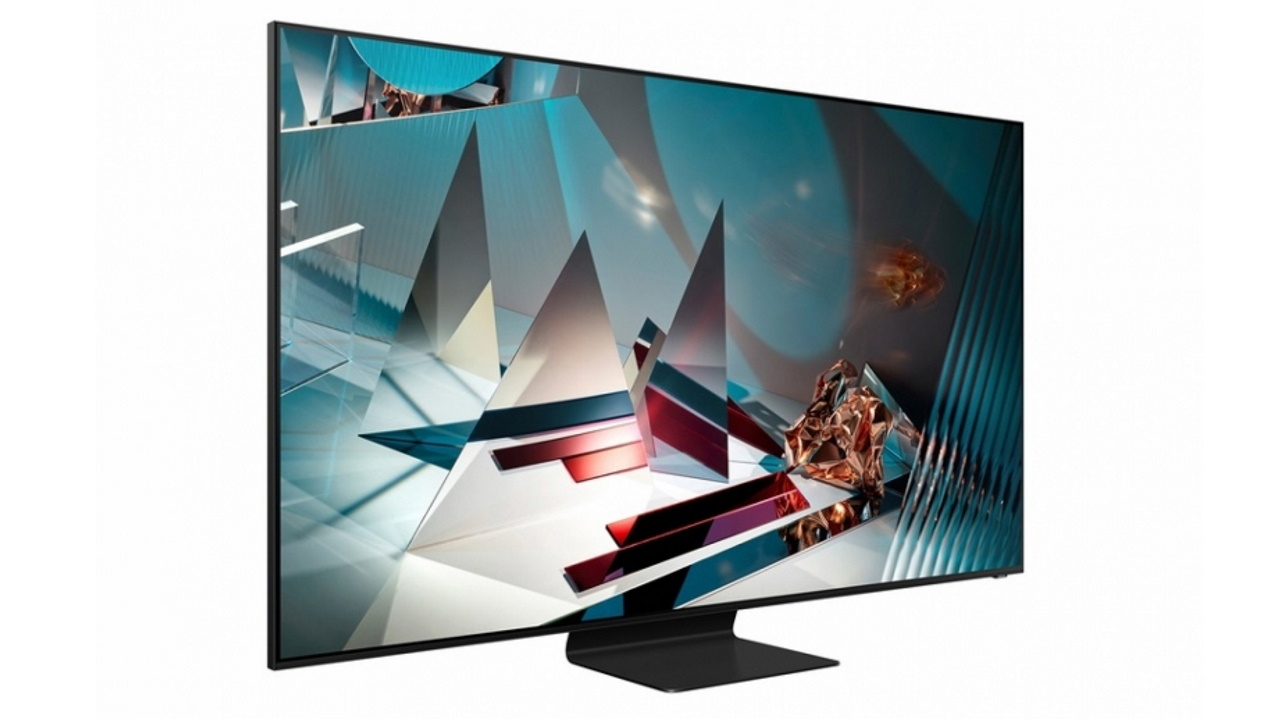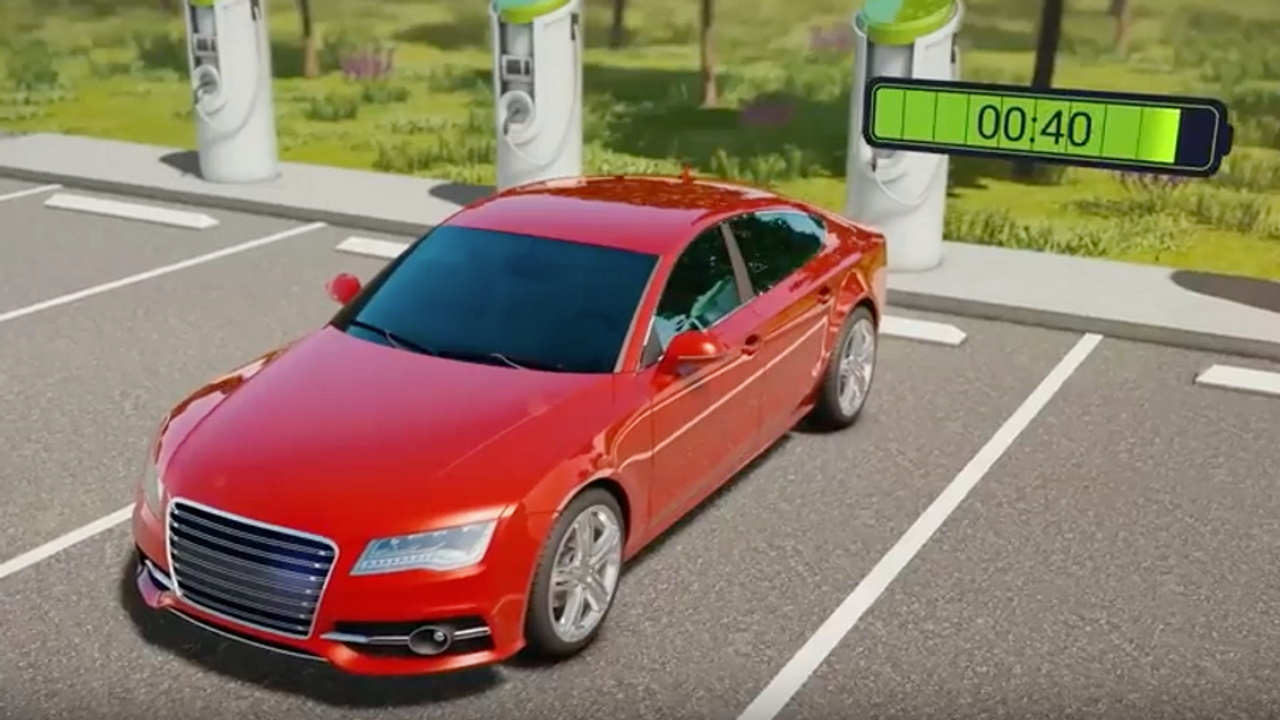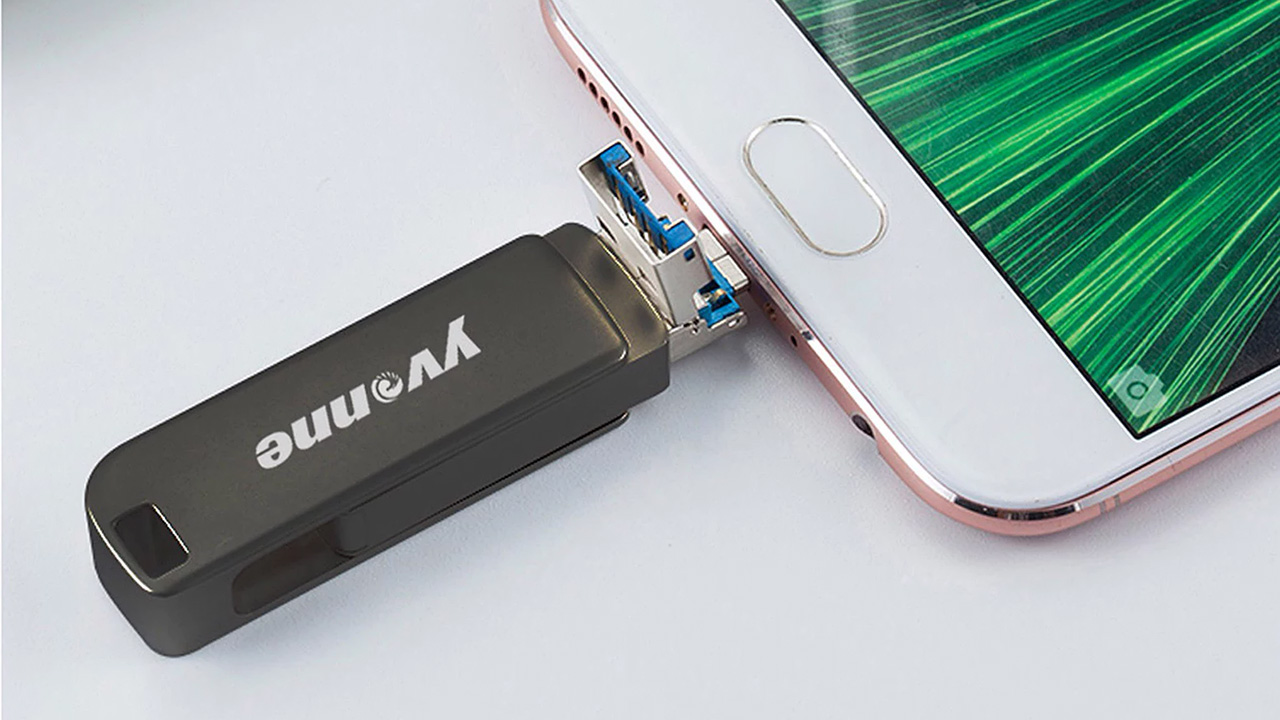The technology comes from the Israeli company StoreDot, while the first battery capable of this performance, which would allow the vehicle to be recharged as quickly as with traditional petrol or diesel cars, was produced in China, by Eve Energy
by Rosario Grasso published the 20 January 2021 , at 12: 41 in the Technology channel
The Israeli StoreDot delivered to the Chinese manufacturer Eve Energy the technology to produce rechargeable lithium ion batteries in 5 minutes . This type of battery would mean a big step forward for electric mobility, with cars that could be refueled just as quickly as traditional endothermic vehicles.
Batteries based on FlashBattery technology. StoreDot do not exploit elements such as lithium but are based on the alternating superposition of layers of proprietary nanomaterials and organic compounds . In addition to the advantages in recharging times, this technology, according to StoreDot, is safer than the batteries currently on the market as the materials they use are not flammable . The project has already started for several years and in fact we have already talked about it.
Charging electric cars as fast as making gasoline
StoreDot has already shown its fast charging battery in combination with smartphones, drones and scooters. The first 1000 car batteries produced by Eve Energy, on the other hand, will be brought to the attention of car manufacturers and other companies that are experimenting with solutions to improve charging times. Giants like Daimler, BP, Samsung and TDK have already invested in StoreDot, which has raised funding for over 130 million dollars and was awarded in 2020 as pioneer company in the field of sustainability from Bloomberg.
StoreDot’s Li-ion batteries have the ability to charge in 5 minutes, but encounter a limit in current chargers , unable to deliver the power these batteries would need. The Israeli company aims to provide 100 miles of charge to a car battery in five minutes in 2025 through the current charging network, and to this end is working with BP for the adaptation of the infrastructure
“The number one barrier to the adoption of electric vehicles is not plus the cost, but the autonomy “, stated Doron Myersdorf , CEO of StoreDot. “We are afraid of being stuck on the motorway or having to wait at a charging station for two hours. But if it becomes like refueling at a ‘petrol car all these worries vanish “.
“Charging a lithium-ion battery in 5 minutes was considered impossible until recently” said. “What we release is not a laboratory prototype, but something that can be quickly turned into reality in a production line. This shows that our technology is ready to debut on the market “.
The StoreDot battery: how it works
Traditionally between the two electrodes that make up the cell of the battery, a separator material is placed, which is usually graphite which prevents physical contact between the electrodes and avoid short circuit. The StoreDot battery replaces graphite with semiconductor nanoparticles into which ions can pass more quickly and easily. These nanoparticles are currently based on germanium , which is water soluble and easier to handle in manufacturing. In the second phase of its development process, StoreDot plans to replace germanium with silicon , which would allow to cut costs and mass produce the new batteries by the end of the year. If the StoreDot projects are successful, it will be possible to produce batteries with the new technology at costs comparable to those for lithium-ion batteries.
Other problems encountered with fast charging of the batteries are their overheating and degradation . Increasing the temperature of the batteries during charging to at least 60 ° C allows the lithium ions to move faster, but the cell must be constructed in such a way as to avoid damage caused by heat. Fast charging, in fact, must be repeatable at least 500 times without degradation of the battery.
Another issue that car manufacturers have to solve is that relating to the dimensions of the battery. Excessive dimensions affect vehicle aesthetics, space on board, handling and performance, with consequent repercussions on range. “I think the next generation fast charging batteries will be available for the mass market in three years” , said prof. Chao-Yang Wang , at the Battery and Energy Storage Technology Center of Pennsylvania State University in the United States, according to an article in the Guardian. “There will be no cost increase for car manufacturers, who will be able to reduce the size of the onboard battery while eliminating autonomy anxiety and at the same time reducing the cost of the vehicle battery “.
Follow us on our Instagram channel , many news arriving!
